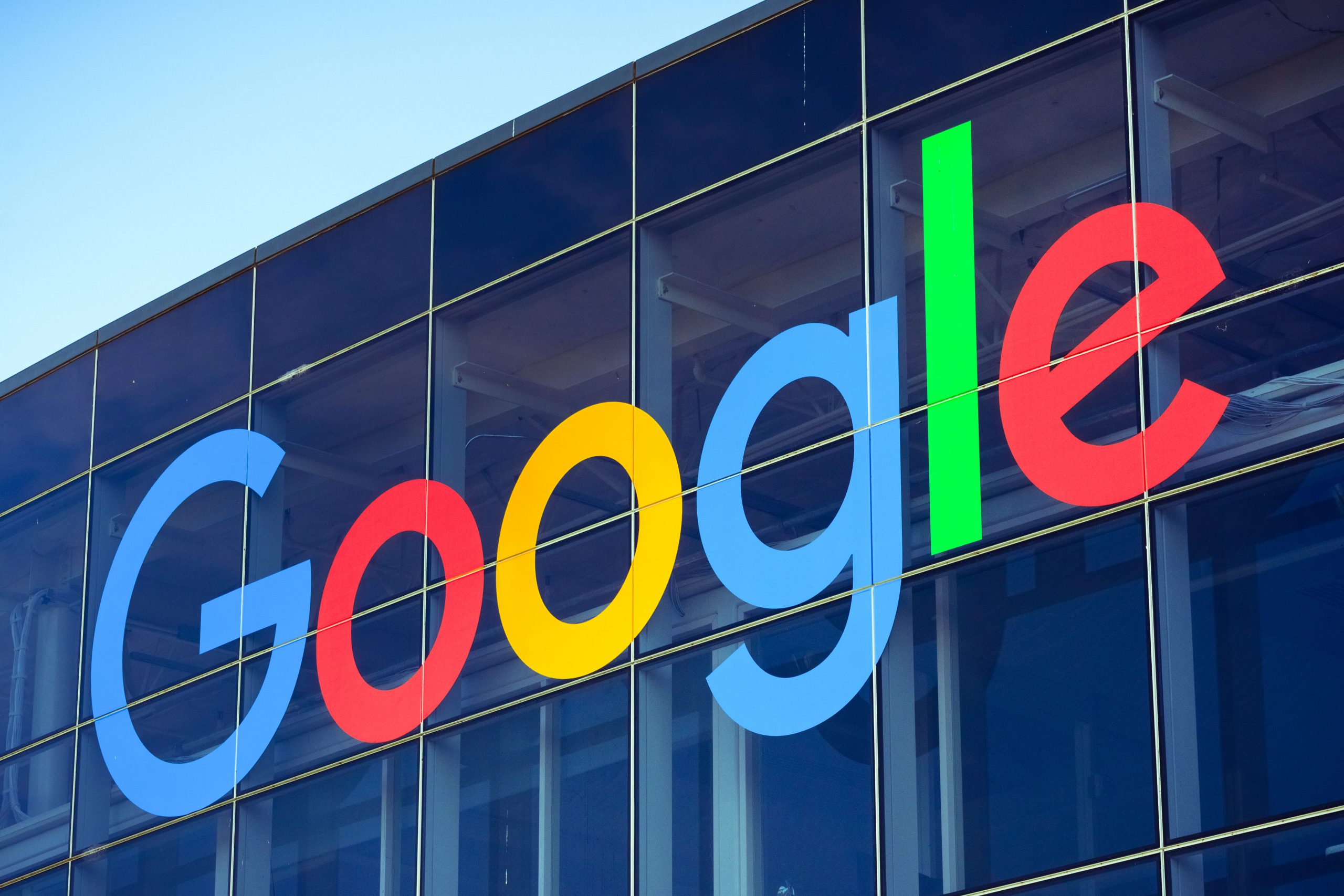The Tech Start-Up Economy Is Broken

Society benefits when new companies overtake old monopolies. But today’s tech firms are decades-old dinosaurs in Internet years. Even the youngest of the big four that testified before Congress in July—Facebook—was founded in 2004. That durability has caused concern among the public, political leaders from both parties, and even academics who are normally sure markets will evolve past any given monopolist.
Some say we should break up these big tech firms. Others want to regulate parts of them (like their data) as utilities available to others. But such dramatic interventions are hard to get right and costly to get wrong. Worse, they may not solve a core problem that could reproduce concentration even if today’s market leaders are split up: startups too often sell out to their rivals rather than compete with them.
The problem traces to a surprising source: the way we fund startups. The venture capital (VC) funding model has had enormous benefits for innovation. But it has shifted the focus on getting paid from making a profit and paying debts to selling stock.
In Silicon Valley today, the most important thing to think about when starting a company is how you’re going to end it. From the moment founders and funders first put time and money towards a company in exchange for stock, they begin to envision their “exit strategy”—how they will reap their reward by selling that stock to someone else. And increasingly, selling stock means selling the company.
In common lore, the preferred exit is a public stock sale. Countless people buy a company’s stock through an initial public offering (IPO) and the company continues to compete. But in practice, IPOs are increasingly rare, dropping from 80 percent of successful exits three decades ago to less than 10 percent today.
Instead of going public, most founders and funders exit by selling the entire company. A single firm buys all of the company’s stock through a private acquisition (M&A) and the acquired startup often stops competing separately—or closes altogether. Today, nine in 10 venture-backed firms that exit do so by acquisition rather than IPO.
This focus on exit—and in particular on today’s exit of choice, the acquisition—limits disruptive competition, cements tech monopolies, and stalls the innovation that Silicon Valley once promised.
What makes exit by acquisition so troubling for market competition and consumers is this: the buyer willing to pay the most for a startup is often the firm with the most to lose from the startup’s success, and the only firm likely to buy it just to shut it down. Other buyers stand to gain a small share in a more competitive marketplace. But the incumbent buyer seeks to maintain its share in an uncompetitive market—one where it can sell fewer units, charge higher prices, impose less consumer-friendly terms (such as on user privacy), and/or forego investments on quality (such as on thoughtful, fair, and effective content moderation). That’s worth a lot more.
Even if the incumbent doesn’t buy a promising startup just to kill it, as a practical matter the acquisition may have the same effect. Silicon Valley is littered with the corpses of hundreds of promising companies that sold out to Google, Facebook, and the like, only to be quietly shut down a few years later, the employees leaving or being transferred to other projects the acquirer values more.
And even if none of that happens—even if the acquired company continues operating—the result of the acquisition is to co-opt a potential disruptive competitor. No wonder tech companies have become so entrenched—they have shut down the cycle of creative destruction by buying up the competitors that might have grown into threats.
The current pandemic may make this result more common—with lasting consequences. Consumer demand is depressed. Suppliers are disrupted. There is less money to invest in keeping startups going. And startups, unable to make and sell profitably, may struggle even more than usual to battle incumbents. Meanwhile, the big incumbents are sitting on vast sums of cash. As a result, even more startups than usual may seek to be acquired. And when they do, the most likely purchasers are big tech companies, among the few that are weathering the current crisis.
In our recent paper for the Stanford Law and Economics Research Paper Series, “Exit Strategy,” we describe this cycle of acquisition by incumbents and ways to break it using both carrots and sticks. Carrots can encourage innovative startups to keep competing—making alternative exits or continued operation more attractive than selling out. And sticks can stop innovative startups from selling to market leaders except when essential.
Encouraging IPOs. One set of carrots would make exiting by IPO easier than it is now. IPOs are costlier than they used to be and now require legal diligence that can take a year or more. Even after some shares start trading, securities law and private contracts typically “lock up” VC shares for six or more months. These seemingly trivial delays can dramatically drag down the annualized rate of return achieved through IPOs, bringing it below what VCs need and what they can achieve through acquisition (the time value of money makes an otherwise identical exit price less valuable if it comes later).
It wasn’t always that way. The average time to exit by public offering is now twice what it was in the late 1990s. Once one year faster than acquisitions, time to exit by IPO is now one to two years slower on average. We could make IPOs a more attractive exit strategy by relaxing some regulatory requirements and making them faster again.
Similarly, we could make undergoing an IPO less risky. The Securities and Exchange Commission is already considering letting firms do more to “test the waters” before committing to an IPO.
Finally, we could make achieving an IPO more valuable by reducing some of the strictures placed upon public companies. Some were relaxed during the last recession and, where successful, those reforms could be made permanent. Right now, Postmates is simultaneously considering an IPO and an acquisition by Uber. Public policy can do more to make the IPO option more swift and attractive as an exit.
Encouraging secondary markets. Another set of carrots would make private sales of stock to other investors easier without having to go public at all. Current laws heavily limit such secondary sales. These measures are supposed to protect unsophisticated investors—generally a good thing. But supporting secondary markets could let funders, founders, and employees cash out and reap the value they create without being forced to sell the company to a firm that might shut it down.
Tax reform. A third set of carrots would use tax policy to make all of these exits more attractive than exit by incumbent acquisition. Right now, no matter which way a startup exits, its VCs enjoy tax breaks on the income made from selling that startup’s stock. But different exits have different consequences for consumers and society. The tax code should treat them differently, too. The Qualified Small Business Stock exception (QSBS), for instance, is supposed to reward VCs for funding bold businesses that succeed. Selling out to the market leader isn’t the kind of success society should care about. The QSBS exception should be reformed so it does not apply in those cases. The low capital gains rate, if preserved at all, should be reformed so it does not apply to income from those sales, either.
Other sources of money. Finally, we could encourage more startups to use venture debt instead of venture equity. Startups now typically raise money by selling equity, not debt. That’s because startups are risky and rarely profitable early on. Selling equity generates cash for the company in exchange for an ownership claim on the firm and its future profits—putting off the need for profitability. Taking on debt, by contrast, generates cash in exchange for a future payment or stream of payments—thus requiring the near-term profitability startups rarely have. But venture debt may be a good fit in more cases than founders and funders realize. Public policy could help more businesses take a second look at this financing. Tax policy could help. Right now, while VCs get tax benefits on income from selling startup equity, banks do not get tax benefits on income from selling startup debt. We could grant banks a qualified small business interest income or “QSBI” exemption to match the VCs’ QSBS exemption.
Antitrust law. But those carrots need to be coupled with sticks that discourage anti-competitive acquisitions. We should change the antitrust laws to focus on who is acquiring startups. Right now, it’s too easy for incumbents to buy startups that might challenge them. Mergers are now presumptively allowed. Those beneath $200 million in value are not even reviewed by the antitrust agencies. And when larger acquisitions do trigger review, the government rarely seeks to block them.
Recent evidence from a paper entitled “Killer Acquisitions,” by Cunningham, Ederer, and Ma, suggests this system isn’t working well. For one, companies appear to time and structure mergers to avoid the review threshold. For another, merging companies promise societal benefits—such as cost savings from consolidation that can be passed to consumers—that evidence suggests are not commonly realized. And especially when dominant firms are involved, merging comes at a real cost to competition.
We should presumptively ban incumbent monopolists from acquiring competitive startups of any size. And we should also worry about companies buying startups that don’t directly compete with the incumbent but that contribute to a possible platform or market structure that could make the old market obsolete.
That presumption should be rebuttable. In cases where complete failure is the only alternative, acquisition by an incumbent may  be the best outcome. The incumbent might continue serving the acquired startup’s customers, possibly while employing its workers and improving its technology. But these cases can be hard to tell from those in which the startup could squeak by or even surprisingly expand, whether alone or by merging with a smaller rival or new entrant. So far this year, Facebook bought Giphy, a database of GIFs used widely on social media. Google is buying Fitbit. And Uber, after failing to acquire Grubhub (acquired instead by European rival Just Eat Takeaway), is now looking at Postmates.
be the best outcome. The incumbent might continue serving the acquired startup’s customers, possibly while employing its workers and improving its technology. But these cases can be hard to tell from those in which the startup could squeak by or even surprisingly expand, whether alone or by merging with a smaller rival or new entrant. So far this year, Facebook bought Giphy, a database of GIFs used widely on social media. Google is buying Fitbit. And Uber, after failing to acquire Grubhub (acquired instead by European rival Just Eat Takeaway), is now looking at Postmates.
Past periods of economic disruption have led to changes in the competitive landscape that benefited society; we don’t want this period of disruption to simply lead to even more complete market consolidation.
Our carrots and sticks won’t fix the problem of today’s entrenched tech monopolies. But they will allow the next generation of companies that might displace the tech giants to make it to market. And by doing so, they enable the Schumpeterian “gale of destruction” that keeps monopolists on their toes and ensures that newer and better technologies displace their predecessors.
Silicon Valley changed the world. It did so because founders and venture capitalists wanted to win tomorrow’s markets, not sell out to those who had already won yesterday’s. We should make sure founders and venture capitalists keep incumbents on their feet and don’t tire of the chase. And that means venture capitalists and tech companies must—as Steve Jobs urged Stanford’s graduating class in 2005—“stay hungry.”
Mark A. Lemley is the William H. Neukom Professor at Stanford Law School and a partner at Durie Tangri LLP; Andrew McCreary is a student at Stanford Law School and Stanford Graduate School of Business.
Comments